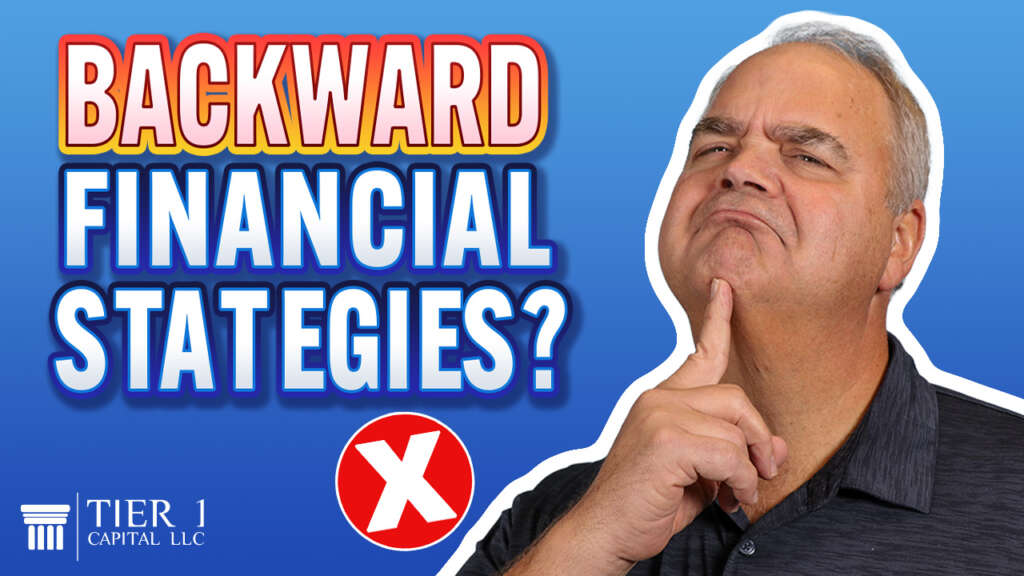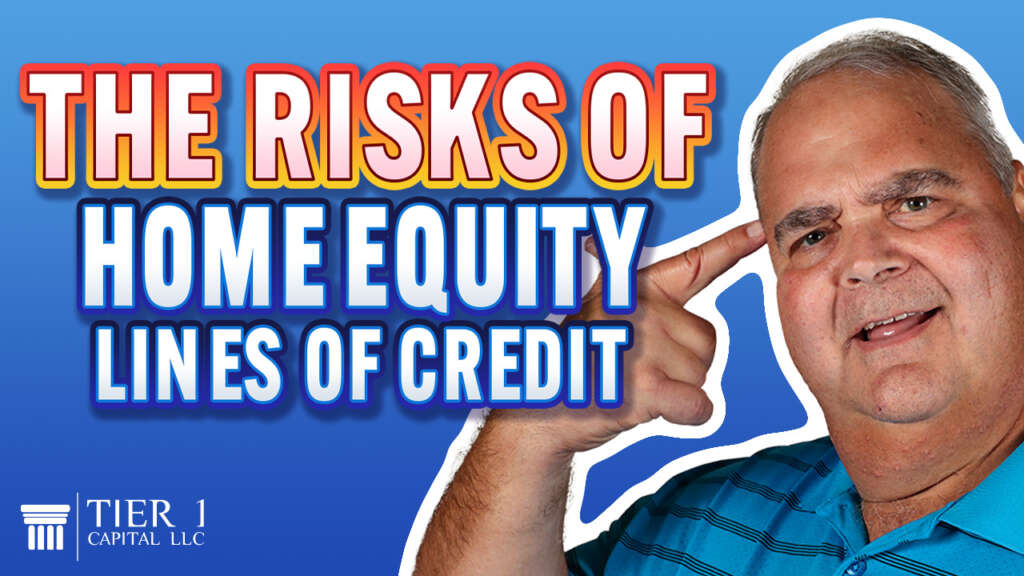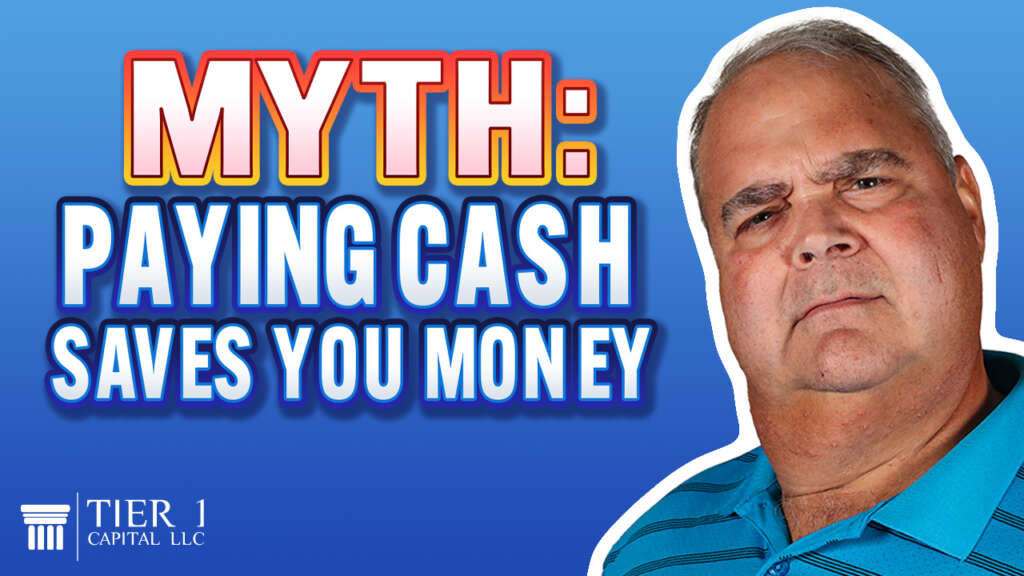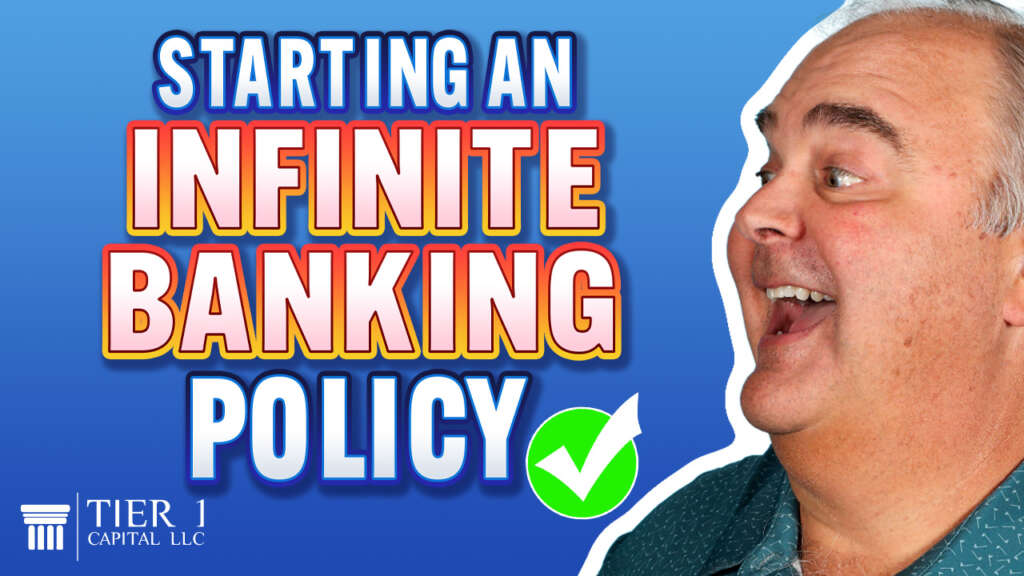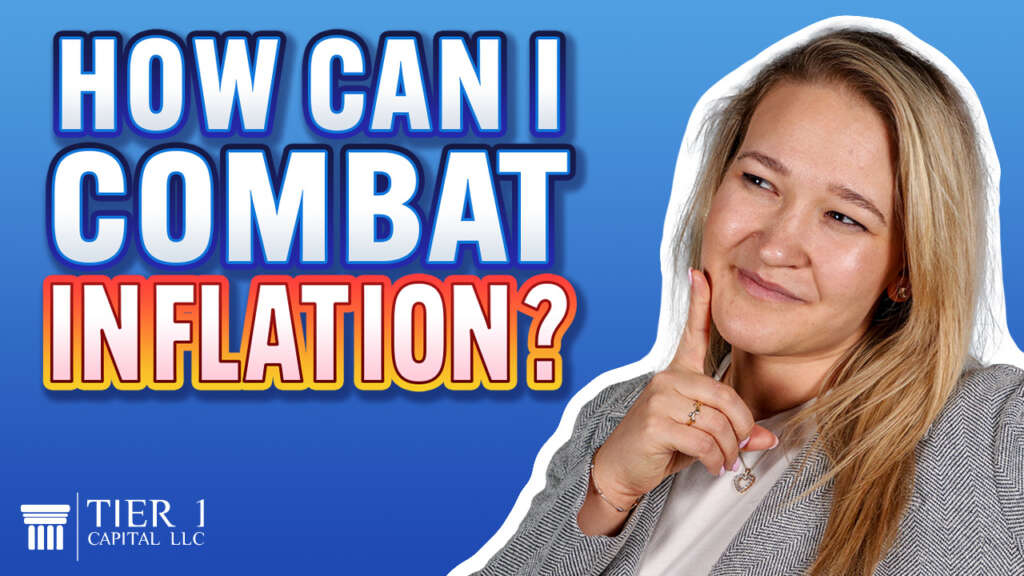
In today’s economic climate, many are grappling with the impacts of rising inflation, decreasing savings rates, and the overall erosion of money’s value. The question on everyone’s mind seems to be: “How can I counteract these economic trends and make my money work more efficiently?”
The answer lies in optimizing the efficiency of your money. Let’s delve into why this approach is critical and how you can start making your money work harder for you.
Understanding the Impact of Inflation
Inflation has become a pressing concern for many households. You might not need to be reminded that grocery bills are climbing, credit card debt is surging, and savings accounts are yielding diminishing returns. Just a year ago, savings rates were around 6.2%, but they’ve now dropped to approximately 3.7%. This decrease reflects a broader economic challenge where everyday expenses are rising faster than the value of money saved.
Moreover, essential expenses such as homeowners insurance, car purchases, and utility bills are also contributing to financial strain. It’s evident that saving money has become increasingly difficult, and it requires a concerted effort to set aside funds amidst these growing costs.
The Risks of Traditional Financial Strategies
Many people resort to conventional financial strategies like paying off their mortgage early, keeping all savings in retirement accounts, and paying off credit card balances monthly. While these actions seem prudent, they have a common downside: they place your money out of your control.
- Paying Off the Mortgage Early: Accelerating mortgage payments ties up your funds in property rather than keeping them liquid for other needs or opportunities.
- Keeping Savings in Retirement Accounts: Retirement accounts are valuable but often restrict access to your money. These restrictions mean you can’t utilize these funds in emergencies or investment opportunities.
- Paying Off Credit Card Balances: Paying off credit cards monthly is wise, but it also diverts money that could otherwise be used for investments or to build emergency savings.
These strategies, while seemingly sound, may leave you feeling financially trapped if unexpected expenses arise or opportunities present themselves.
A More Effective Approach
So, how can you navigate these financial challenges? The key is to make each dollar work harder by using it for multiple purposes. Instead of simply saving or investing in traditional ways, focus on making your money more efficient. This approach involves:
- Optimizing Your Financial Strategy: Assess how you’re currently using your money and identify areas of inefficiency. A minor tweak here or there can lead to significantly better financial outcomes.
- Addressing Financial Leaks: We examine five critical areas where inefficiencies often occur: taxes, retirement planning, funding for college education, mortgages, and major capital purchases. By plugging these leaks, you can enhance your overall financial health.
- Building a Solid Foundation: Before taking on riskier investments, ensure you have a robust financial base. This strategy allows you to invest in volatile assets with a safety net in place.
The Financial Golf Swing
Think of improving your financial strategy like perfecting a golf swing. Just as a refined golf swing yields better results, optimizing how you handle your money can lead to more favorable financial outcomes. Over our 30+ years of experience, we’ve developed strategies to identify inefficiencies and opportunities, helping clients achieve their financial goals.
Ready to Enhance Your Financial Efficiency?
If you’re interested in learning how to make your money work more effectively for you, we’re here to help. Schedule your free strategy session today and discover how you can improve your financial efficiency.
Remember, it’s not just about how much money you make; it’s about how much money you keep that really matters.



